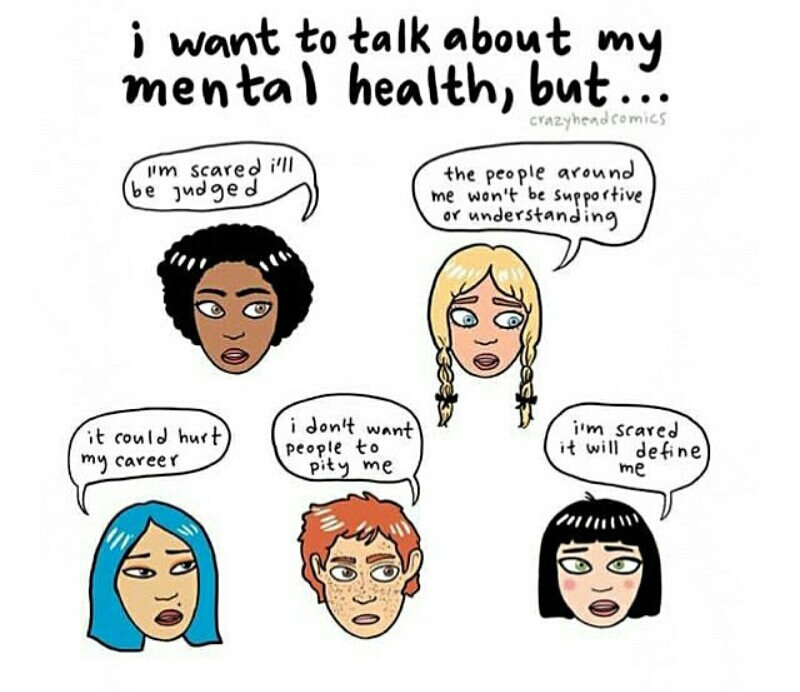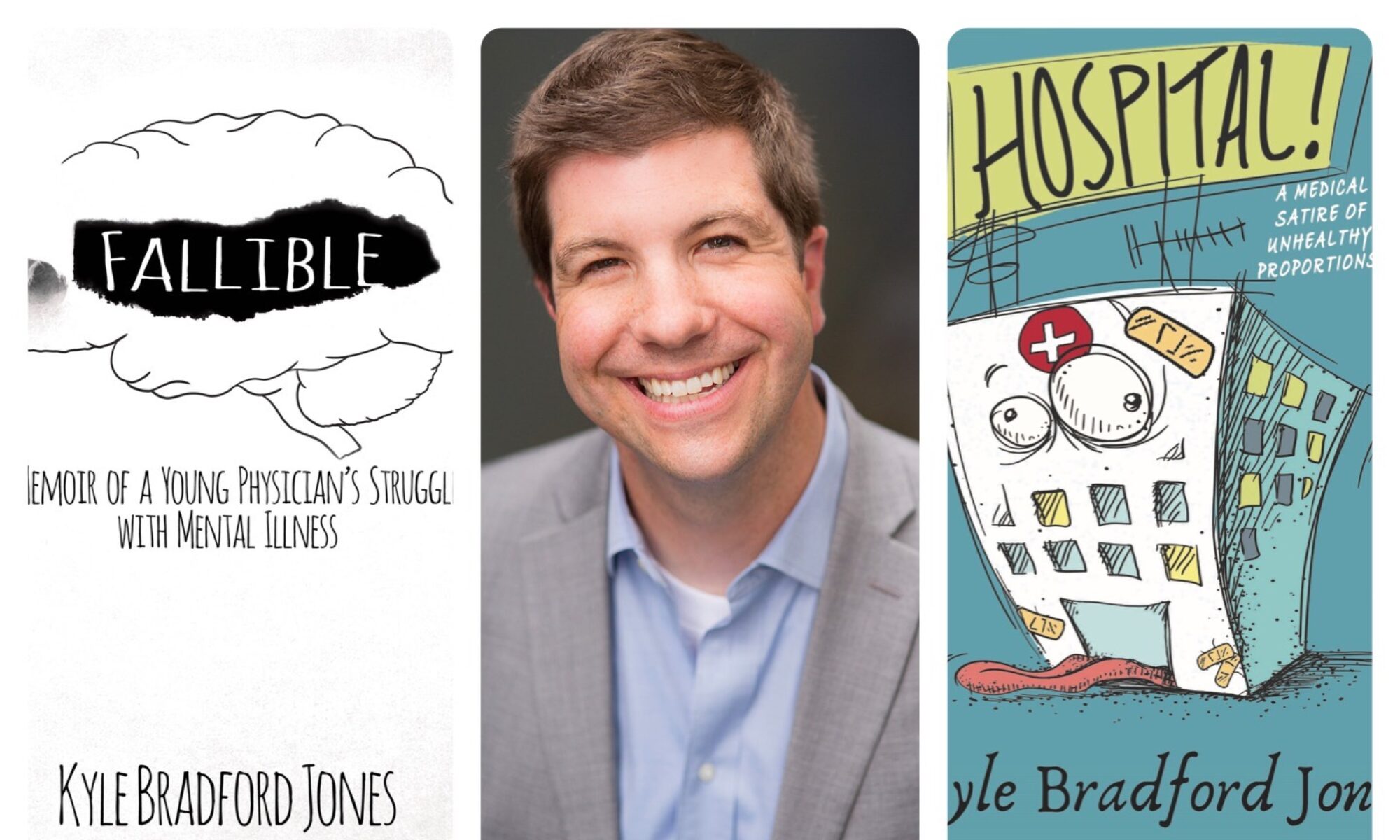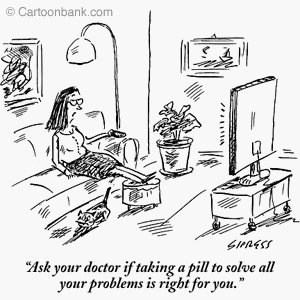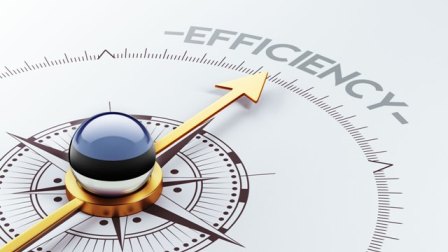
picture from https://medium.com/@gabriella_evang/mental-illness-is-more-visible-than-ever-yet-the-stigma-remains-the-same-af69327af7dd
If I have not made it abundantly clear on social media and the landing page of this website, I have a book coming out in April 2020, Fallible: a memoir of a young physician’s struggle with mental illness (pre-order here). I have shared my mental illness publicly before in multiple places, so I figured this wouldn’t be a big deal to have the fuller story come out. But it is. This is actually harder than I thought it would be (shows my naivete), to have my innermost thoughts and faults exposed so openly to the world. As I’ve started to publicize the book, I’ve realized how much I hate being the center of attention.
It has also shown me how much the stigma of mental illness as a moral failing remains with me. The very fact that I am so open about my illness is to help break the societal stigma of mental illness as a biological and social disease like so many others; we shouldn’t be ashamed. But I still have twinges of embarrassment for experiencing depression and anxiety as I do. I feel like less of a person sometimes because I struggle with it. I fear many will look down on me. And many will…because the stigma exists. But I need to remember that that does not make me a failure.
All that being said, I don’t regret writing or publishing the book. Overall, sharing my story has strengthened me beyond what I thought it could. I am in a good place with my mental health right now, largely because of being freed of the burden of keeping it a secret. I write this because I want to encourage all of you to not keep any struggles you may have a secret. It’s okay. We all struggle with something(s), this is not a sign of weakness but of being human. Talk about your feelings, because there is release in the telling.


